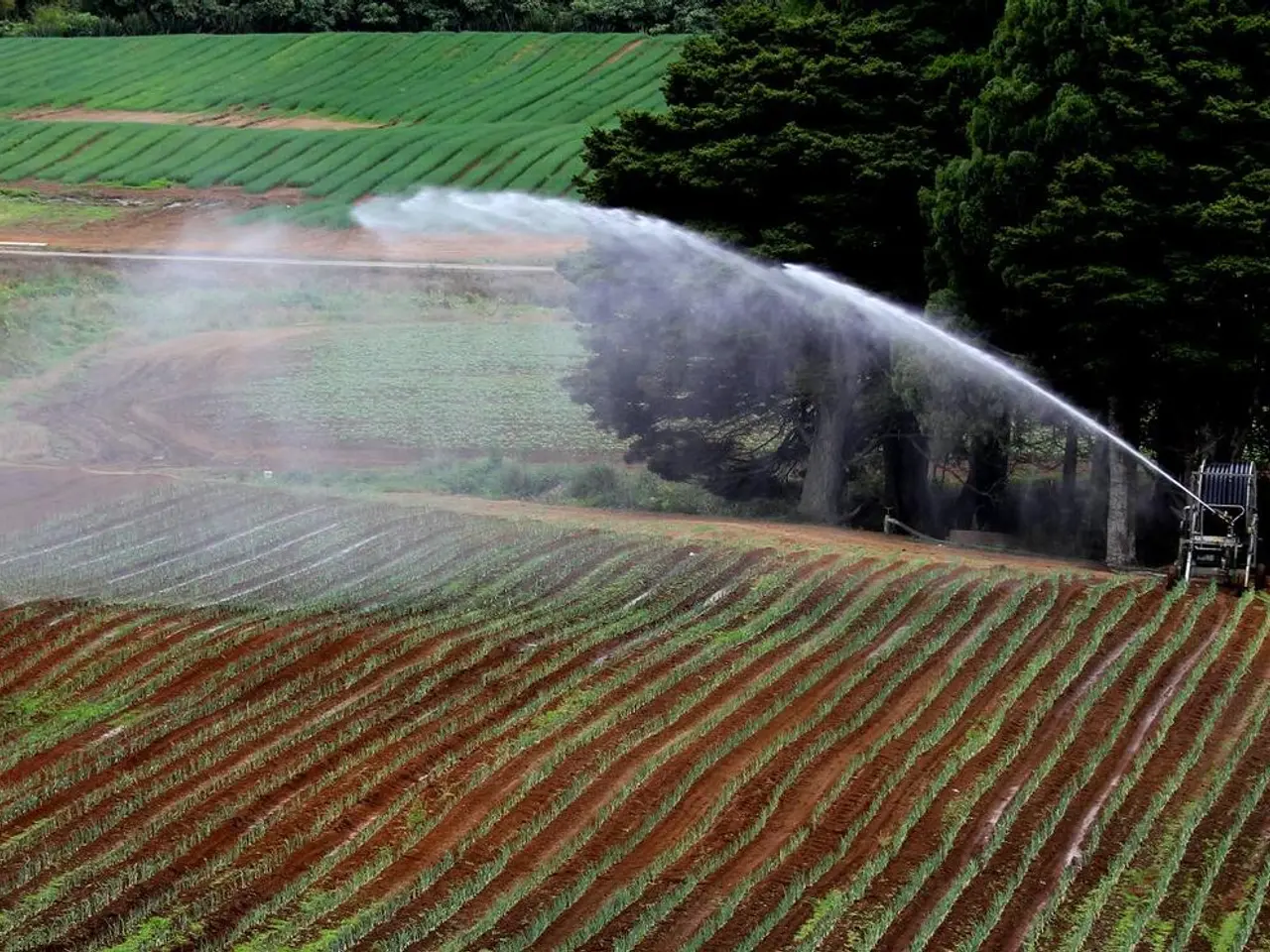Radical Ecology's Boundaries Examined through the Lens of Ecofeminism
In Europe, a growing movement of neo-peasant communities is emerging, prioritizing small-scale, sustainable, and often agroecological farming practices. These communities, primarily composed of young adults aged between 20 and 40, aim to offer an alternative vision to global agro-industrial expansion.
However, these communities are not immune to the social inequalities that pervade our society. Women in these communities often face marginalization, with their work going unrecognized and undervalued despite their significant contributions to the collective.
Neo-peasant communities are beginning to address and challenge sexist power relations in several interconnected ways.
Reclaiming Women’s Roles in Agriculture
Neo-peasant movements emphasize the recognition and valorization of women’s traditional and contemporary role in farming and food sovereignty. By highlighting women’s knowledge of seed saving, crop diversity, and sustainable practices, they challenge the historic marginalization of women’s contributions in agricultural labor.
Promoting Gender Equality in Decision-Making
Many neo-peasant communities are implementing participatory decision-making structures that ensure women have equal voices and leadership opportunities. This counters patriarchal norms where men dominate land ownership and governance roles.
Integrating Feminist and Ecofeminist Perspectives
Some projects explicitly incorporate feminist frameworks, understanding the interlinkages between the oppression of women and environmental degradation. They advocate for holistic approaches that connect gender justice with ecological sustainability.
Economic Empowerment of Women
By facilitating women’s access to land, credit, seeds, and markets within their projects, neo-peasant initiatives work against economic dependency and insecurity that reinforce gender inequalities. This empowerment allows women to gain autonomy and influence within both their families and communities.
Educational and Capacity-Building Activities
Neo-peasant communities often organize training, workshops, and knowledge-sharing forums focusing on women’s ecological knowledge and leadership. These spaces create networks and support systems that empower women to innovate and lead sustainable agricultural practices.
Challenging Gender Norms Through Practice
By engaging men and boys in conversations and practices around gender equality, neo-peasant projects seek to transform social norms. This includes encouraging shared responsibilities in household and farm work, as well as promoting respect and equitable treatment.
Linking to Broader Social Movements
Neo-peasant projects frequently align with feminist movements, labor rights campaigns, and indigenous struggles, which helps to situate ecological work within wider ambitions for social transformation. This multi-dimensional resistance bolsters their capacity to challenge sexist power relations.
The climate emergency necessitates a reduction in consumption and a shift towards localised production models that minimize outsourcing and reliance on global supply chains. However, these models must be organized with an awareness of systemic power structures. The empowerment of women in neo-peasant communities is a step towards achieving true equality in the face of climate change.
1) In the context of neo-peasant communities, the emphasis on recognizing and valuing women's traditional and contemporary role in farming and food sovereignty, which includes their knowledge of seed saving, crop diversity, and sustainable practices, can be considered a crucial stride in environmental-science education and self-development, challenging the historic marginalization of women's contributions in agricultural labor.
2) By incorporating feminist frameworks and advocating for holistic approaches that connect gender justice with ecological sustainability, neo-peasant projects are not only challenging sexist power relations but also linking the fight for women's empowerment with the broader climate-change and environmental-science discourse, thus contributing significantly to the broader social transformation needed in Europe and beyond.




